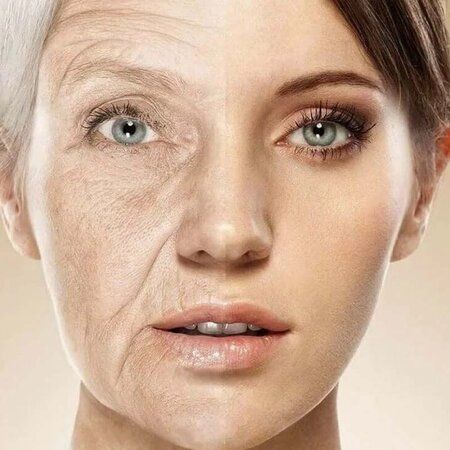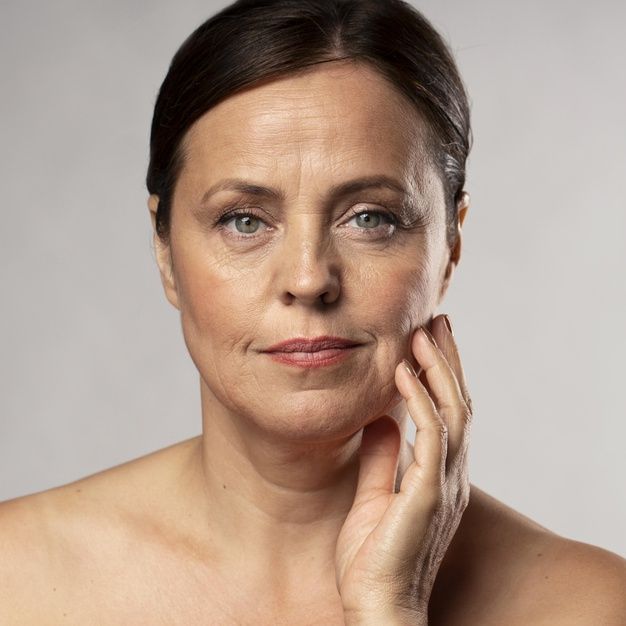
Skin Care Tips For Aging, Dr. J, a professor in her 70s who seemed to have solved the code on aging, was my grad school teacher. Her laugh, which reverberated off the lab walls like a joyful echo, her limitless vitality, and her constantly radiant skin were all hallmarks.
One day, I inquired of her what her secret was, hoping for a list of obscure genes she’d modified in her sleep or cutting-edge vitamins. She winked and replied, “Green tea, sunscreen, and not taking life too seriously” instead.
My Eureka Moment
Aging well isn’t about miraculous cures or ten-step routines from another galaxy. It’s about tiny, science-backed practices that build up over time. Particularly in terms of skin care, consistency is the key.
So let us nerd out today on practical, research-supported, important skin care advice for aging skin that doesn’t call for a time machine.
Starting with the most underappreciated anti-aging advice: hydration, let’s. Sure, it’s fundamental. Your skin cells comprise 64% water, so when they are dehydrated, they are nearly as useful as a raisin in a thunderstorm.
Its Significance
Our skin’s natural moisture barrier diminishes with age. That implies it loses water more quickly, which accentuates fine lines and wrinkles. Both internal and topical appropriate hydration help to preserve plumpness, elasticity, and a more even texture.
Useful Advice
Drink plenty: Depending on activity level and environment, aim for 2-3 liters of water daily. Herbal teas qualify; soda does not (apologies).
Your pals are humectants: Search for aloe vera, glycerin, or hyaluronic acid in skincare products. These components pull water into your skin like a sponge.
Use on wet skin: To seal in hydration, put your serums and moisturizers on your still somewhat wet skin following cleansing.
Interesting story: In 40-70-year-old people, one study indicated that using a moisturizer with hyaluronic acid for eight weeks greatly increased skin moisture and suppleness. Take that, crow’s feet.
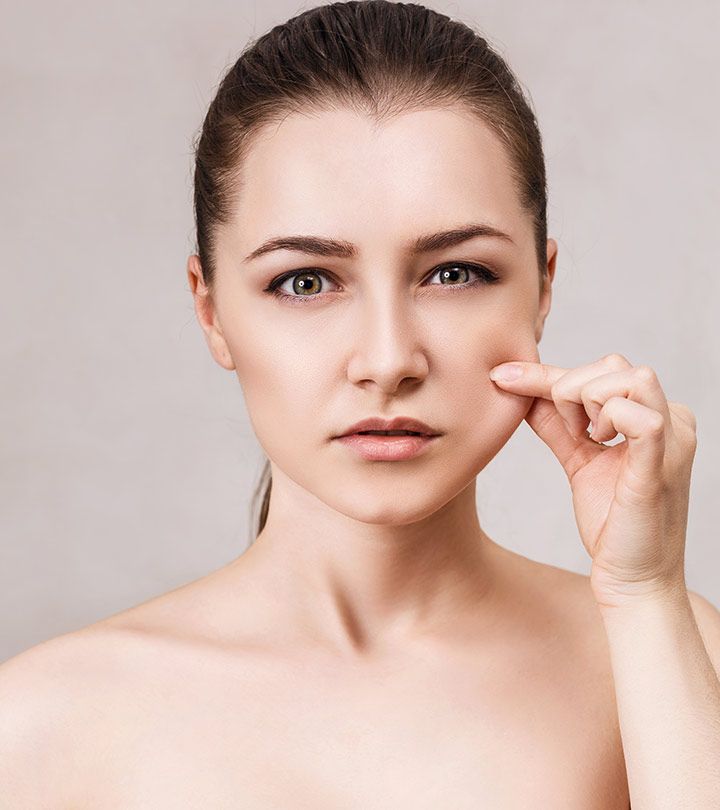
Skin Care Tips For Aging, Though missing sunscreen would be like brushing your teeth while consuming Oreos, you could use the most expensive serum in the world.
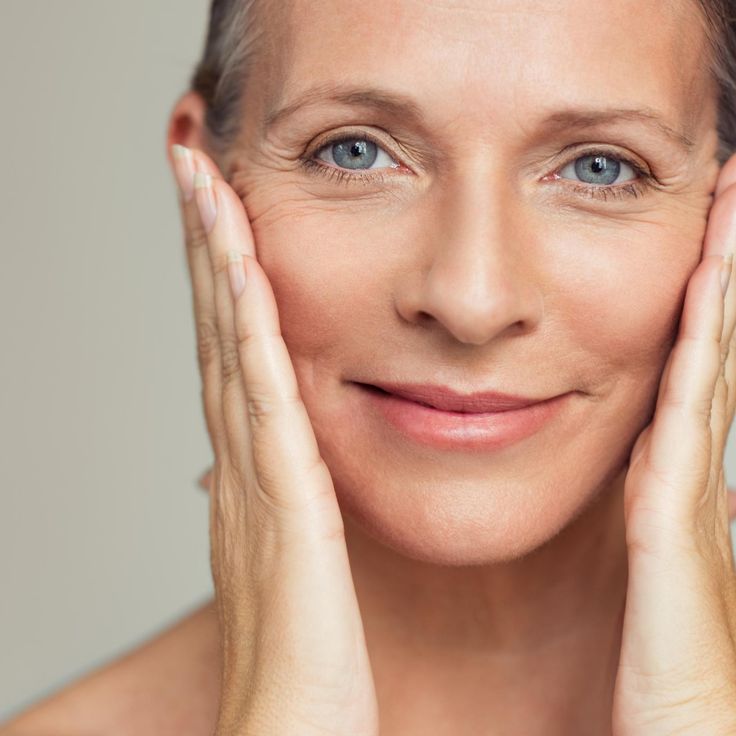
Its Significance
About 80% of visible aging is caused by UV light. This covers skin cancer as well as sagging, hyperpigmentation, and wrinkles. Prevention gets increasingly important as our skin ages since it loses its capacity to effectively heal UV damage.
Useful Advice
Every single day, SPF 30 or higher. Whether it rains or shines. Indoors, close to windows as well.
If you’re outside for long periods especially if you’re sweating or swimming, reapply every two hours.
Remember the sly areas: hands, neck, chest, and ears usually reveal aging before the face since we neglect to preserve them.
Science aside: Broad-spectrum sunscreens shield against UVA (aging) and UVB (burning) radiation. UVA penetrates more deeply into the skin, harming elastin and collagen fibers. That results in wrinkles and drooping.
Retinoids are like that brilliant buddy who can cure everything from acne to wrinkles to dullness. Yes, they’re as strong as the publicity implies; they’re vitamin A derivatives.
Its Significance
Retinoids speed up cell turnover and promote collagen synthesis, which falls with age. They also help clear pores, reduce dark patches, and enhance texture. Essentially, they are personal trainers for skin.
Useful Advice
Begin slowly: Start with retinoids two to three times a week; increase as tolerated.
Combine with cream: Especially at the beginning, retinoids could cause dryness and irritation. Putting them between layers of moisturizer helps.
Only use at night: They increase your skin’s sensitivity to UV radiation, and sunlight might turn them off.
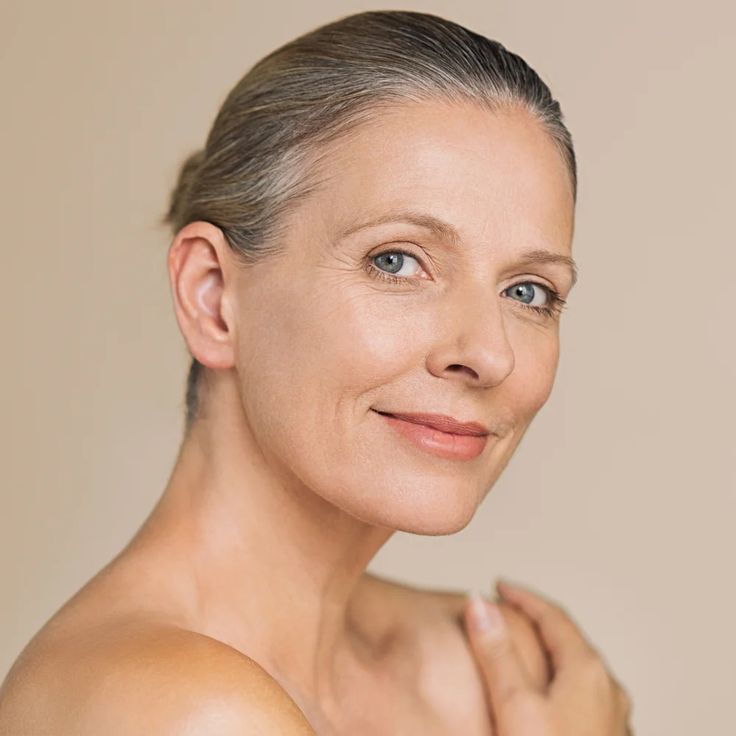
Skin Care Tips For Aging, Retinol, milder, suitable for novices.
Stronger and more efficient, tretinoin (prescription) could have greater adverse effects.
Scientific Tidbit
In several clinical studies, persons over 40 who used tretinoin had quantifiable improvement in fine wrinkles, skin roughness, and uneven hyperpigmentation. Among the most researched and verified components in dermatology, it ranks.
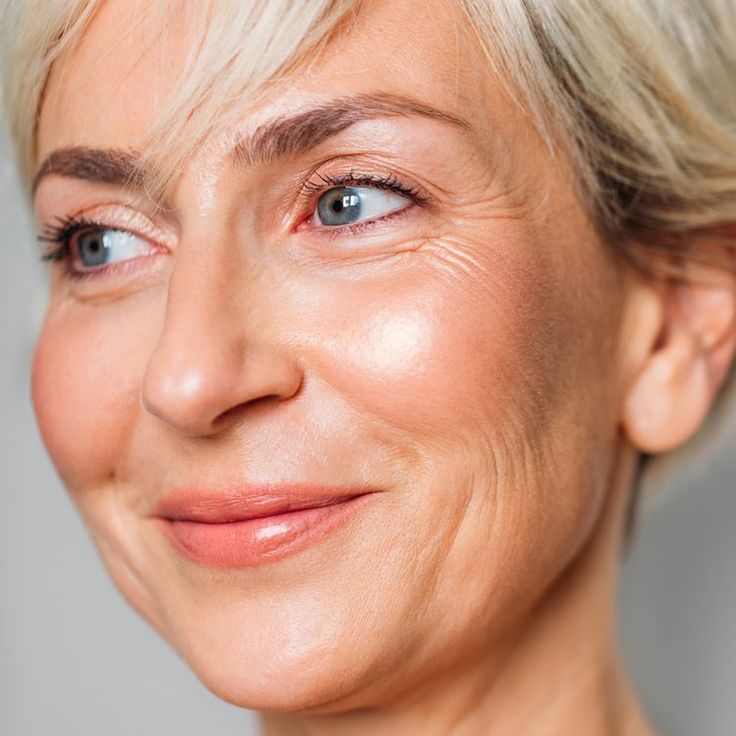
Imagine antioxidants as defenders for your skin. Pollution, UV exposure, and internal metabolic activities all contribute to the oxidative stress your skin experiences daily. Antioxidants counteract free radicals, speeding up aging.
Its Significance
Unstable chemicals called free radicals harm DNA and collagen. Eventually, this results in drooping, dullness, and a whole range of skin problems. Antioxidants help your skin heal itself and offset that harm.
Useful advice: Morning vitamin C serum. It improves sunscreen efficacy, lightens pigmentation, and brightens skin.
Consume your hues: Loaded with antioxidants are nuts, seeds, leafy greens, and berries. Your skin enjoys what your stomach processes.
Consider niacinamide: A B3 derivative lowers inflammation, strengthens the skin barrier, and increases suppleness.
Pro advice: Keep your dark, cool spot for storing antioxidant serums. Light and air can destroy them quicker than you can utter “oxidation.”
Skin Care Tips For Aging, Our skin’s natural shedding process slows down as we age. This can make skin feel rough or appear dull.
Exfoliation removes dead cells and promotes the emergence of fresh, radiant skin.
Its Significance
Correct exfoliation increases product absorption, lowers blocked pores, and improves texture. Can you overdo it? You run the danger of irritation and barrier damage.
Useful Advice
Science Highlight
Among women aged 40–65, a 12-week research on glycolic acid revealed notable changes in skin tone, clarity, and fine lines. When done correctly, gentleness is strong.
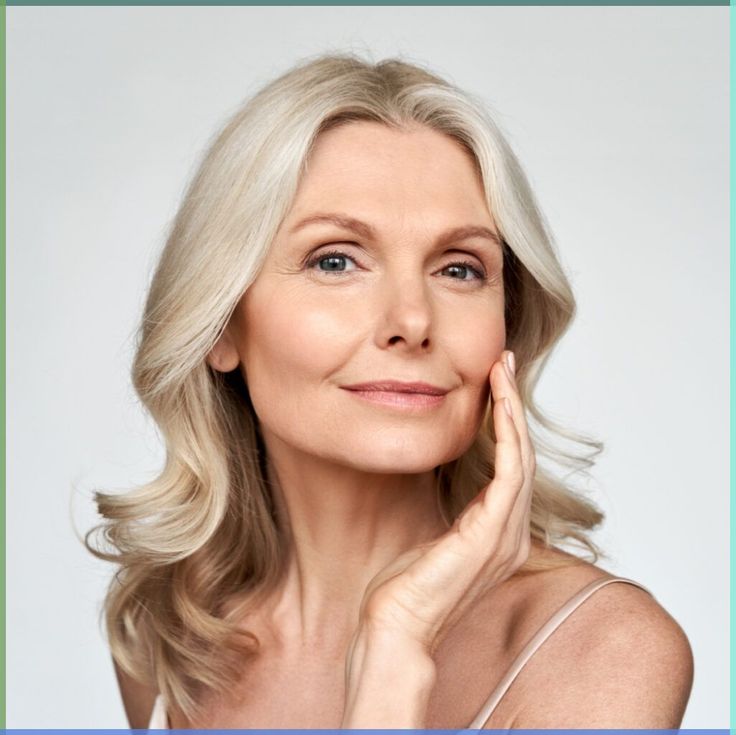
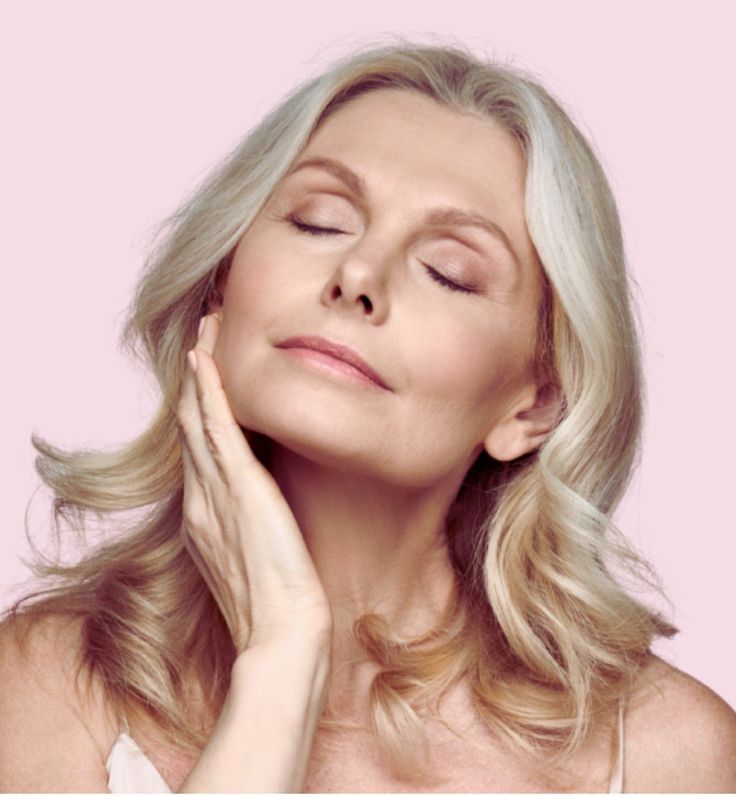
Alright, we’re going a little beyond the skincare jar here but this is the section most individuals ignore. Healthy aging is how you live your life, not only what you put on your face.
Its Significance
Chronic stress and bad sleep raise cortisol levels, which can harm your skin’s barrier function, promote inflammation, and destroy collagen. Essentially, cortisol is the party crasher of young skin.
Useful Advice
Nerdy nugget: One study connected lack of sleep to more indicators of skin aging like fine wrinkles, loss of elasticity, and uneven pigmentation. Is sleep beneficial for beauty? It is genuine.
The truth is that aging is not something to be “fixed.” We can certainly optimize this biological process through thoughtful, moderate, and persistent practices.
One such practice is ensuring adequate water consumption. Using sunscreen in November. Use that retinol even if it has a strange odor. And grin at yourself in the mirror, since happiness is anti-aging as well.
Healthy skin is not about flawlessness. It’s about tenacity. These little deeds accumulate whether you are 35 or 75. Believe the method, believe the science and perhaps enjoy some green tea in the meantime.
